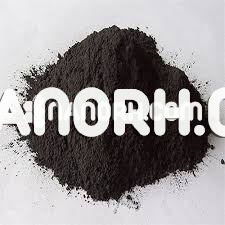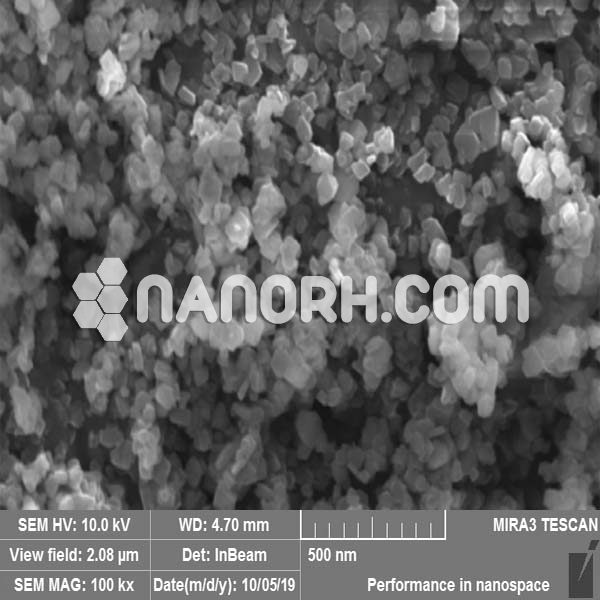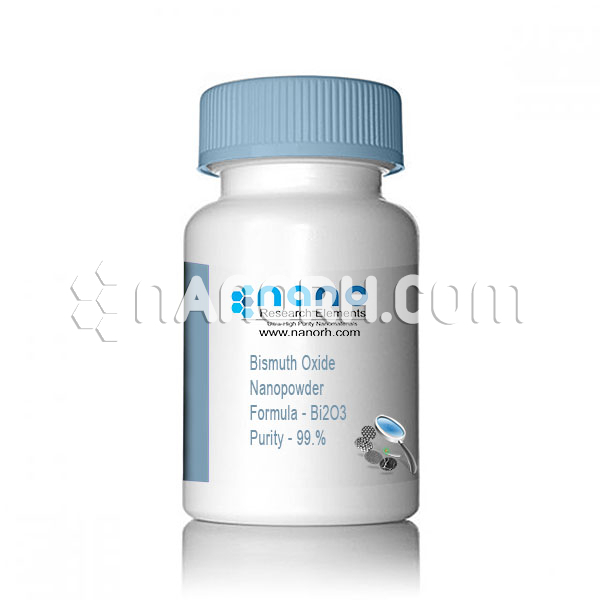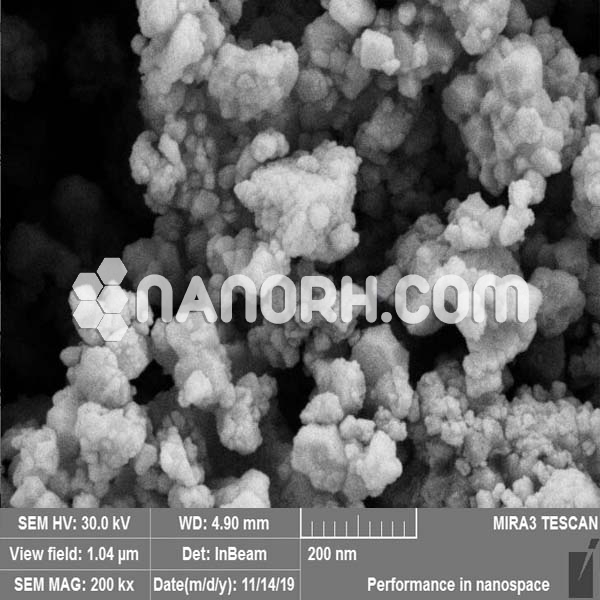| Hafnium Carbide Powder | |
| Product No | NRE-5097 |
| CAS No. | 12069-85-1 |
| Formula | HfC |
| APS | <800nm (Can be Customized) |
| Purity | 99.9% |
| Color | Gray |
| Molecular Weight | 190.5007 g/mol |
| Density | 12.2 g/cm³ |
| Melting Point | 3958°C |
| Boiling Point | NA |
Hafnium Carbide Powder
Hafnium carbide powder is a refractory ceramic compound composed of hafnium (Hf) and carbon (C). It is renowned for its extraordinary properties, particularly its high melting point, which is one of the highest known for any material, at approximately 3,990°C (7,170°F). This makes HfC an ideal candidate for extreme high-temperature applications.
Applications
Aerospace and Defense:
Thermal Protection Systems: Due to its extreme heat resistance, HfC is used in aerospace applications, particularly in the manufacturing of thermal protection systems (TPS) for spacecraft and high-speed vehicles. These systems are designed to protect vehicles from the intense heat generated during re-entry into the Earth’s atmosphere or high-speed flight.
Refractory Coatings: HfC powder is used in refractory coatings for components that need to withstand extreme heat, such as rocket nozzles, space shuttle tiles, and hypersonic flight vehicles.
Cutting Tools and Abrasives:
Wear-Resistant Materials: The high hardness and thermal stability of HfC powder make it ideal for use in abrasive materials and cutting tools. These include the production of hard-facing materials and coatings for tools that are exposed to extreme mechanical stress and wear, such as those used in drilling, mining, and machining.
Grinding and Polishing: HfC nanopowder is also employed in grinding and polishing applications for high-precision cutting tools.
High-Temperature Electronics:
Electrodes and Conductors: Hafnium carbide’s ability to conduct electricity at high temperatures makes it useful in high-temperature electronics, such as electrodes and heating elements for specialized devices. It is used in components that need to operate at extreme temperatures, such as sensors, power electronics, and resistors.
Nuclear Applications:
Nuclear Reactor Components: Hafnium carbide’s ability to absorb neutrons makes it valuable in nuclear reactors. It is used in control rods and other reactor components where neutron absorption is necessary to regulate the nuclear reaction. The chemical stability and high temperature resistance of HfC make it a good choice for these high-stress environments.




